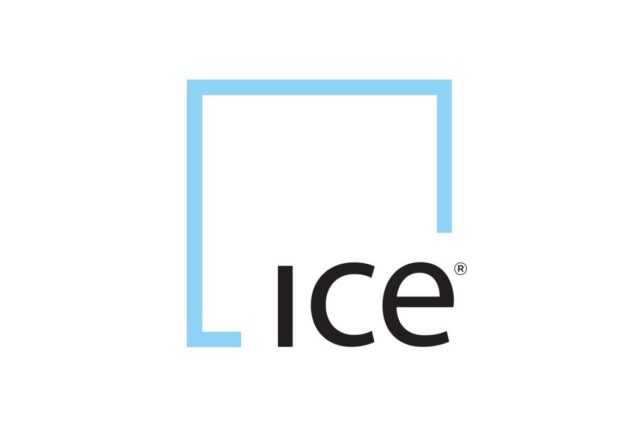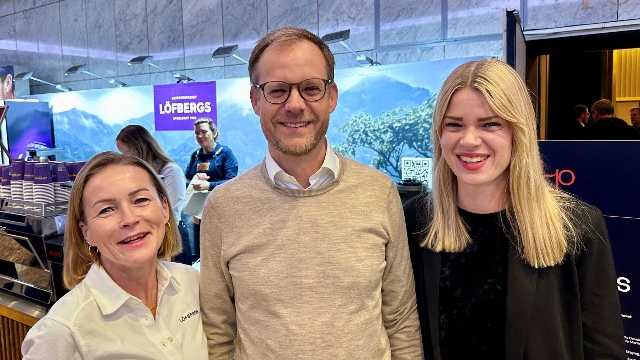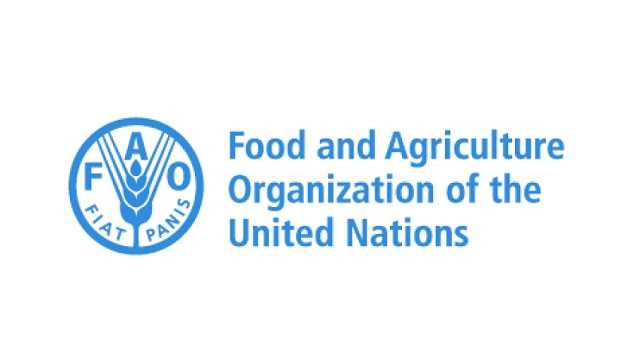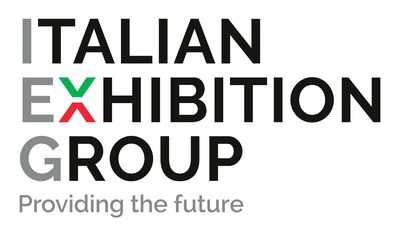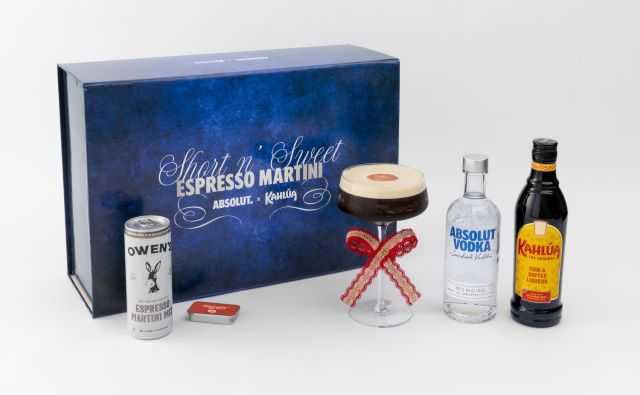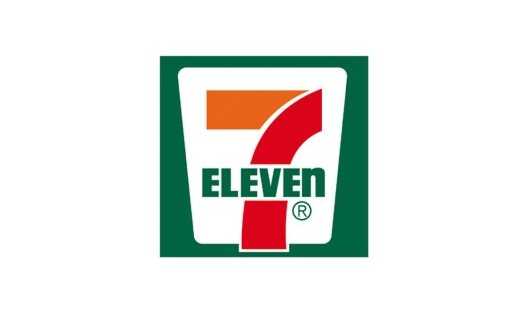ROME, Italy – The global import food import bill is expected to increase by 2.2 percent from the previous year to more than $2 trillion in 2024, pushed up by higher prices for cocoa, coffee and tea and also buoyed by higher import costs for fruits and vegetables, according to Food Outlook, a report the Food and Agriculture Organization of the United Nations (FAO) released Thursday.
Import expenditures on cocoa, coffee and tea are anticipated to increase by 22.9 percent. accounting for more than half of the overall increase in value terms. That reflects soaring international prices for these commodities due mostly to weather conditions and logistics issues. Cocoa prices reached almost four times their ten-year average earlier this year, those for coffee nearly doubled, and those for tea rose 15 percent above their usual long-term levels.
Exports of these commodities play an important role in the economy of numerous countries, FAO economists noted. Coffee export earnings in Burundi and Ethiopia typically cover nearly 40 percent of their respective food import bills, tea does the same for more than half of Sri Lanka’s bill, and Côte d’Ivoire’s cocoa exports more than offset all of the country’s food import costs.
Meanwhile, declining import bills for cereals and oilseeds offer relief to lower-income countries. High-income countries account for two-thirds of the global food import bill and will face a 4.4 percent increase in 2024, while the bills for upper-middle-income, lower-middle-income and low-income countries are likely to contract.
The FAO Food Outlook, a biannual publication, offers updated forecasts for the production, trade, utilization and stocks of major food staples as well as explores a series of topical themes. In particular, olive oil and fertilizers are featured in the latest issue.
Major food commodities
FAO’s latest forecasts point to favourable output outlooks across most basic foodstuffs, although global production systems remain vulnerable to risks from extreme weather events and rising geopolitical tensions and policy changes which could tip delicate demand-supply balances and dampen prospects for international trade in food commodities and global food security.
Wheat and coarse grains output is expected to decline in 2024 from high levels but remain above utilization rates. Rice, meanwhile, is a bright spot, with the 2024/25 season poised to mark a record-breaking harvest, which could enable global rice utilization, reserves and international trade to increase. Per capita food intake of wheat and coarse grains is expected to decline somewhat in Low-Income Food-Deficit Countries while that for rice is expected to increase by 1.5%.
Global meat and dairy production is forecast to increase moderately while that for sugar declines. Worldwide fisheries output is set to expand by 2.2 percent driven by aquaculture. Soybean and palm oil outputs are on course to expand while those for rapeseed and sunflower seeds contract. Global vegetable oil consumption could exceed production and lead to stock drawdowns for the second consecutive season, while robust crushings are expected to result in expanding global inventories for oilmeals.
More details are available here.
Special chapters
The Food Outlook also includes a thematic investigation into olive oil, which is mostly produced and consumed around the Mediterranean region and which has shot up in price due to production declines in the past years.
In Jaen, Spain, wholesale prices of cold-pressed extra virgin olive oil reached USD 9818 a tonne in January 2024, compared to USD 3655 two years earlier. High temperatures, which force olive trees to conserve water for core functions instead of producing fruit, led to a nearly 50 percent production cut for two years in a row in Spain, with similar problems elsewhere in the region.
Current conditions point to Spain’s 2024 harvest rising above its 10-year average level with output also expanding in Greece, Tunisia and Türkiye, although not Italy. Still, high prices will constrain world consumption for now.
Olive trees are well known for their extraordinary longevity, but they still react to climate stressors. Producers ought to consider more sustainable water and soil management practices. Given the great potential for expansion in olive oil exports, governments might offer support to olive growers, such as insurance schemes and measures to control the spread of diseases, said FAO Economist Di Yang.
The Food Outlook also updated its monitoring of fertilizer markets, noting sharp drops in quotations for nitrogenous products, which closely track natural gas prices, as well as for potassium fertilizers. However, phosphate fertilizers have not displayed the broader decline, due in part to ongoing trade barriers . Overall, in September 2024 a basket of nitrogen, phosphorous and potassium price series had declined by more than 50 percent since their April 2022 peak.
That said, trade volumes have declined and potential further escalation of conflict in the Near East could affect supply of the main fertilizers, particularly impacting Latin America and Asia, said FAO Economist Maria Antip.
An additional chapter maps out prospects for wider production and use of low carbon ammonia, the basic raw material for all nitrogen-based fertilizers. While using renewable energy instead of natural gas is viable and investments to do so are underway, significant capacity expansion will likely require well-targeted incentives to help farmers absorb and accept the additional costs associated with manufacturing low carbon fertilizers.





